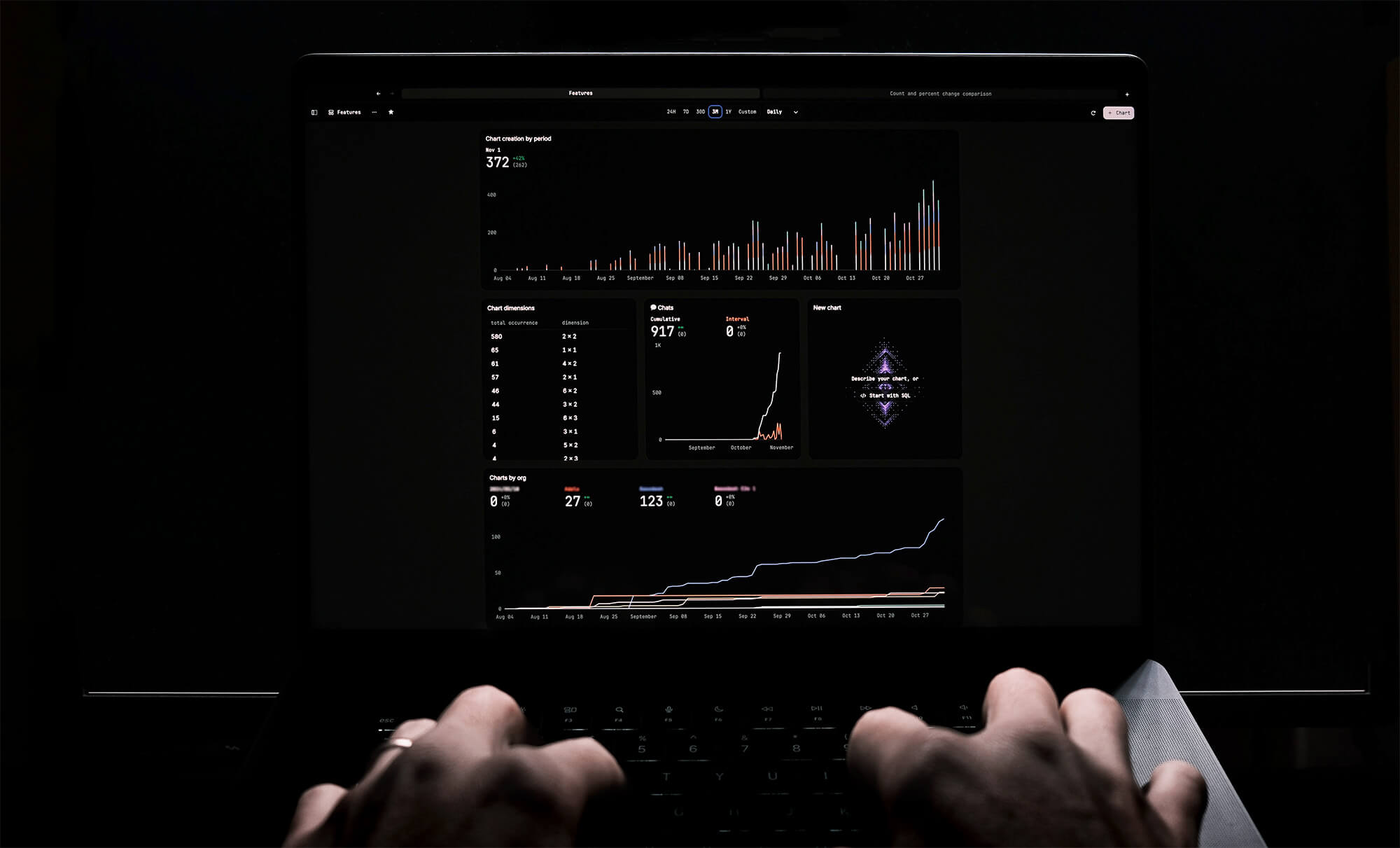
MySQL CHAR vs VARCHAR: Optimizing Data Storage and Performance
When working with MySQL, choosing between CHAR and VARCHAR data types for storing strings is a decision that significantly impacts performance and storage efficiency. Both types serve distinct purposes - and you need to understand those differences if you want to properly optimize your database. This post dives deeper into the differences between CHAR and VARCHAR.
What is CHAR in MySQL?
The CHAR data type reserves a fixed amount of space for each entry, based on the specified number of characters. If you declare a column as CHAR(5), MySQL allocates space for 5 characters for every entry, even if you store fewer characters. This makes CHAR ideal for data that consistently maintains a similar length, like country codes or MD5 hashes.
CREATE TABLE example_char ( code CHAR(5) );
What is VARCHAR in MySQL?
In contrast, VARCHAR is a variable-length data type that adjusts its storage based on the actual length of the data, plus a small overhead for storing the length information. Defining a column as VARCHAR(255) allows MySQL to dynamically allocate storage, making it efficient for storing strings of varying lengths, like names or descriptions.
CREATE TABLE example_varchar ( description VARCHAR(255) );
MySQL CHAR vs VARCHAR: Key differences
Performance
CHAR often outperforms VARCHAR due to its fixed length, which simplifies data retrieval. Knowing the exact size of each entry lets MySQL quickly locate data, offering a slight edge in speed for some queries. However, the space efficiency of VARCHAR for variable-length data can also boost performance by reducing disk IO.
Storage space
CHAR consistently consumes the defined amount of space, which can lead to wasted storage if the data is frequently shorter. VARCHAR, on the other hand, optimizes space usage by allocating only as much space as the data requires, plus a small overhead for the length indicator.
Use cases
- Opt for
CHARwhen dealing with data of a fixed length, like status codes or fixed-size identifiers. - Choose
VARCHARfor fields with variable-length data, like textual descriptions, names, or addresses.
Compatibility and migration
Switching between CHAR and VARCHAR should be done thoughtfully, considering the stored data. Moving from CHAR to VARCHAR can save space if your data often falls short of the CHAR length. Conversely, switching to CHAR might be worth doing if your data lengths are nearly constant, as this can offer a performance boost.
The TL;DR
The choice between CHAR and VARCHAR hinges on your data's characteristics and your application's requirements. CHAR brings performance benefits for consistently sized data, whereas VARCHAR excels in handling variable-length strings with greater space efficiency.
Invite only
We're building the next generation of data visualization.

How to Add Columns to MySQL Tables with ALTER TABLE
Robert Cooper
How to Add Columns to Your MySQL Table
Max Musing
Pivot Tables in MySQL
Robert Cooper
How to Rename a Table in MySQL
Max Musing
How to Optimize MySQL Tables for Better Performance
Robert Cooper
How to Display MySQL Table Schema: A Guide
Jeremy Sarchet





